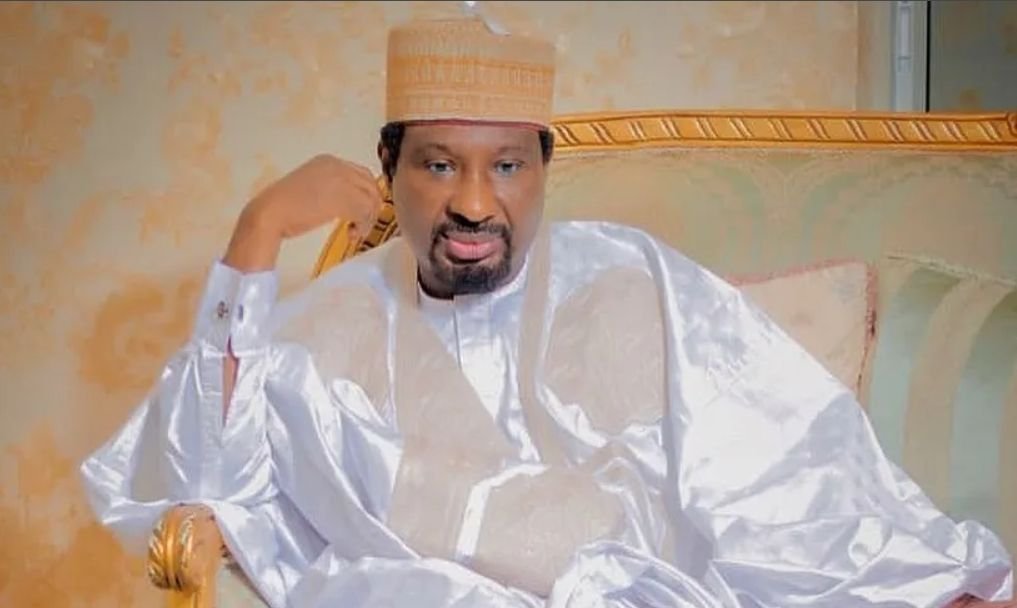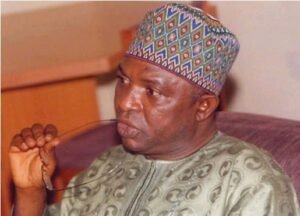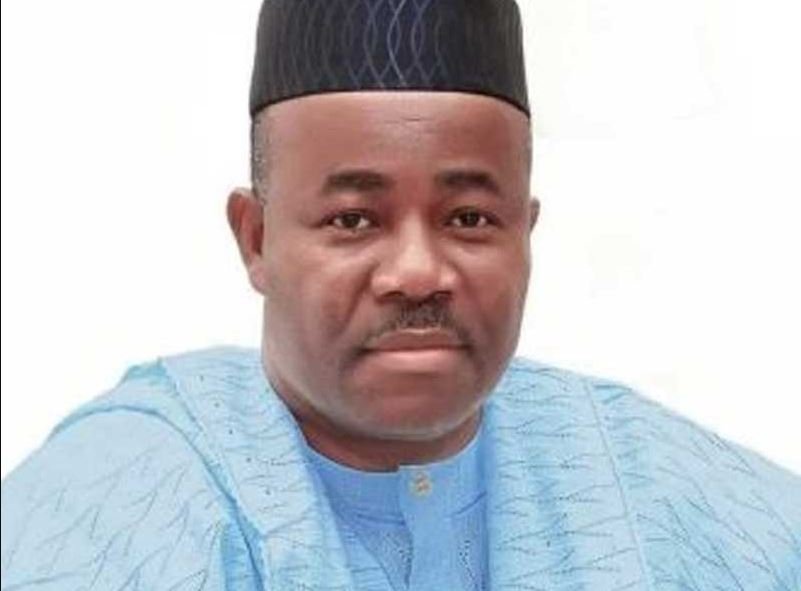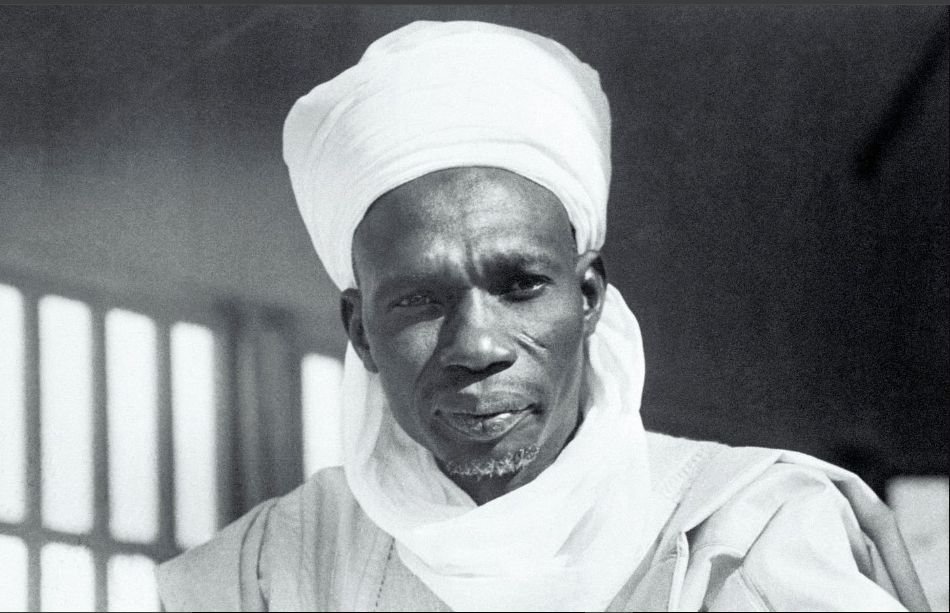
Complete List Of Deputy Senate Presidents Of Nigeria (1960-Present)
No | Deputy Senate President | Term in Office | Political Party |
|---|---|---|---|
1 | Barau Jibrin | 2023 - Present | APC |
2 | Ovie Augustine Omo-Agege | 2019 - 2023 | APC |
3 | Ike Ekweremadu | 2007 - 2019 | PDP |
4 | Ibrahim Nasiru Mantu | 2001 - 2007 | PDP |
5 | Haruna Abubakar | 1999 - 1999 | PDP |
Who Was The First Deputy Senate President of Nigeria?

The first Deputy Senate President of Nigeria was Haruna Abubakar. Haruna Abubakar was a prominent Nigerian lawyer and politician, known for his contributions during the early years of Nigeria’s Fourth Republic.
Born on June 6, 1952, in Lafia, Nasarawa State, Abubakar experienced the loss of his father at a young age and was raised by his uncle, Dalhatu Bawa, whom he regarded as his father figure.
He pursued his education at Ahmadu Bello University, Zaria, where he studied law, earning his LL.B. degree. Abubakar’s career was diverse, spanning roles as a lawyer, businessman, and politician.
He served as the legal adviser to the National Party of Nigeria (NPN) during the Nigerian Second Republic and later held positions such as Company Secretary and Legal Advisor to Benue Cement Company.
Abubakar’s political career saw him become the Commissioner of Justice and Attorney General of Plateau State.
He also contested as the running mate to Bagudu Hirse for the positions of governor and deputy governor of Plateau State but was unsuccessful.
However, he was appointed as the Managing Director of Pipelines and Petroleum Products Marketing Company during General Sani Abacha’s military regime.
In 1999, under the platform of the Peoples Democratic Party (PDP), Abubakar was elected as the Senator for the Nasarawa South constituency.
He assumed office on June 3, 1999, and played an active role in various Senate committees, including those on Selection, Senate Services, Petroleum, Judiciary, Economic Affairs, and Local & Foreign Debts.
One of the highlights of Abubakar’s political career was his appointment as the Deputy Senate President in 1999. However, his tenure in this position was short-lived, as he resigned in November of the same year following the forced resignation of the Senate President.
This paved the way for Senator Ibrahim Nasiru Mantu to take over the role of Deputy Senate President. After leaving the Senate in 2003, Abubakar contested for the governorship of Nasarawa State under the NDP but was unsuccessful. Tragically, he passed away on February 27, 2005, after battling a prolonged illness.
READ ALSO: Who Is The Senate President Of Nigeria? (Currently)
The Deputy Senate President In Nigeria’s Political Landscape
The role of the Deputy Senate President is an important one in Nigeria’s political system, providing the smooth functioning of the Senate and holding potential influence on the national stage.
Deputy Senate President acts as the Senate President’s right hand, presiding over sessions when the President is absent.
This ensures legislative debates and votes continue uninterrupted, maintaining the Senate’s operational efficiency. The Deputy Senate President assists in upholding the Senate’s rules and procedures, providing fair and orderly conduct during debates and voting.
This is essential for transparency and public trust in the legislative process. The Nigerian Constitution establishes the Deputy Senate President as the third in line of succession to the presidency, following the Vice President.
This position grants the Deputy Senate President national significance, as they could potentially assume the presidency in certain unforeseen circumstances.
Aside from the line of succession, the Deputy Senate President often uses political influence. They are prominent figures within their party and can shape legislative agendas and promote political alliances.
READ ALSO: Complete List Of Senate Presidents of Nigeria From 1960 Till Date
Has The Role Of The Deputy Senate President Changed Over Time In Nigeria?
This position of Deputy Senate President in Nigeria has undergone a notable transformation since its establishment in the Fourth Republic (1999).
Before the Fourth Republic, Nigeria’s legislative structure lacked a formally recognized Deputy Senate President. The Senate President presided over sessions, and there was no designated successor in the event of their absence or incapacity, meaning a certain degree of uncertainty regarding the continuity of Senate operations.
However, the establishment of the Fourth Republic was a turning point for the role. The Deputy Senate President appointment became officially recognized, complete with defined duties and responsibilities.
This formalization provided a clear chain of command within the Senate, guaranteeing uninterrupted legislative functions even when the Senate President was unavailable.
Maybe the most significant change is in the Deputy Senate President’s national standing. The Nigerian Constitution placed the position third in line of succession to the presidency, following the Vice President.


